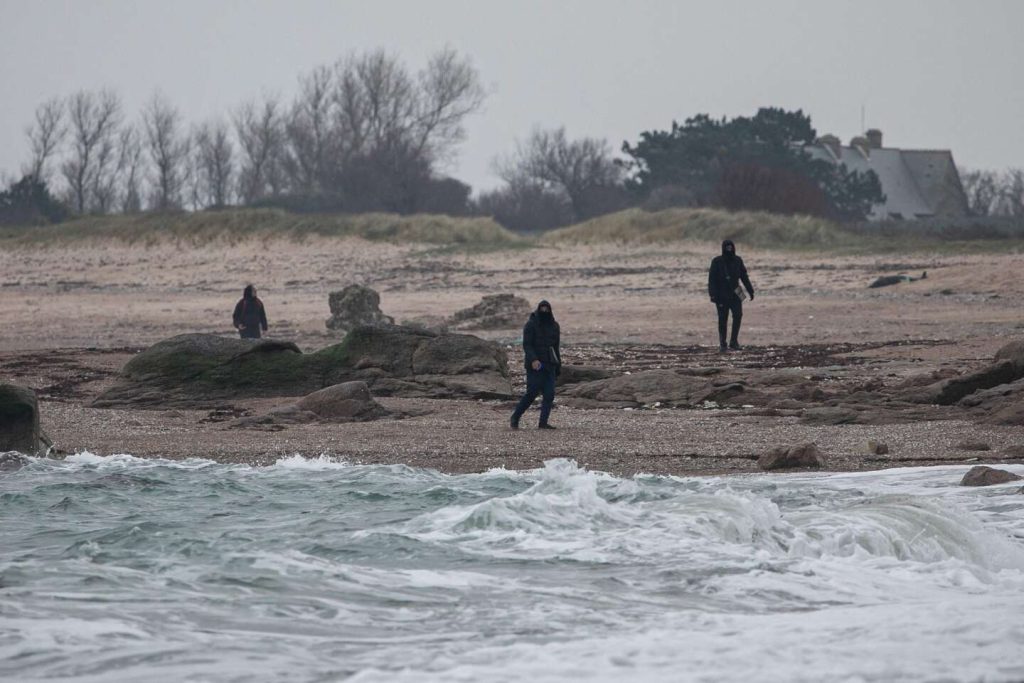Organized crime is a scourge that first and foremost, and largely invisibly, plagues our societies, pushing even the most solid rule of law to its limits and directly threatening the most advanced democracies. Recently, our neighbors in Belgium and the Netherlands have been dealing with the Mocro Maffia. In the Netherlands, the trial of this organization took place amidst intimidation against the judiciary, the country’s leaders, and the press. This highlights the insidious nature of organized crime and its ability to infiltrate even well-established systems.
Established by a law passed on March 9, 2004 to strengthen the prosecution and judgment of high-level organized crime, France’s eight interregional specialized jurisdictions (JIRS) are now 20 years old. Each jurisdiction covers a specific region and is tasked with identifying and prosecuting actors involved in international organized crime networks through enhanced investigative techniques and the support of specialized investigation services. Over the past two decades, the JIRS have successfully adapted to emerging highly structured and fluid criminal networks, cracking down on drug trafficking, violent robberies, organized financial scams, and smuggling networks.
In recent years, the JIRS have faced an escalation in extremely violent forms of crime. This increase is directly linked to the influx into France, and subsequently all of Europe, of deadly and now cheap narcotics from South America. Seizures of cocaine doubled between 2019 and 2022 at the port of Le Havre, while in the French Antilles, 8.3 tons of the drug were intercepted in just over a week in late February 2024. This surge in drug trafficking adopts the ruthless tactics of cartels in our country, indicating the growing threat posed by organized crime both domestically and internationally.
The profits from organized crime are increasingly funneled into well-structured money laundering networks, with the rise of cryptocurrencies making fund tracking even more complex. This evolving financial landscape presents a challenge to authorities seeking to combat the flow of illicit funds and disrupt criminal operations effectively. The rapid convergence of illicit funds and the growing complexity of financial transactions highlight the need for enhanced measures to combat organized crime’s financial aspects.
The ongoing battle against organized crime is not limited to law enforcement agencies; it requires cooperation between various stakeholders, including international partners, to effectively combat this multifaceted threat. Enhanced collaboration, intelligence sharing, and coordinated efforts are essential in tackling the transnational nature of organized crime and disrupting its operations at every level. The need for continued vigilance and adaptation to evolving criminal tactics is paramount in the fight against organized crime to protect societies, uphold the rule of law, and safeguard democratic principles.
In conclusion, the challenges posed by organized crime require a comprehensive and multi-faceted approach involving law enforcement, judicial systems, financial institutions, and international cooperation. The adaptability and resilience of criminal networks necessitate continuous innovation and coordination among stakeholders to effectively combat organized crime and preserve the security and integrity of societies. Heightened awareness, enhanced investigative techniques, and strategic partnerships are crucial in addressing the evolving and complex nature of organized crime threats and ensuring the safety and well-being of communities worldwide.


